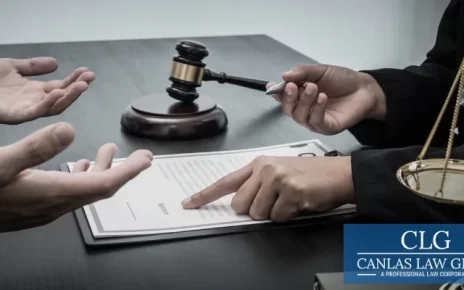When applying for a job, many Americans will encounter a question asking for permission to run their credit record. Some people refuse because they are worried about their personal information being stolen. Others, despite their qualifications, miss out on a job because of bad credit.
Do employers have the right to check your credit during a job application process?
Hensley Legal Group in Indiana highlights that the answer is usually yes. When applying for a job, many employers do background checks that involve a review of an applicant’s credit record. Credit reports can have the same impact on an applicant’s chances of being hired as a criminal or unfavorable work history. At the federal and state level, there has already been some consideration of whether or not such a practice is legal, due to the potential for misuse and the bad impact it could have on some people’s career prospects.
Legislation at the national level
Similarly, federal law prohibits businesses from performing credit checks on job applicants without their express permission. Furthermore, federal regulations prohibit businesses from disguising a consent request in a general employment application form. In order for it to be legal, it must be independent and distinct from the remainder of the application. Online applications for jobs are a good illustration of this point. To do a credit check, the online form cannot feature a simple checkbox that indicates that the applicant accepts all terms and conditions. On a separate page, the consent should explicitly state what it is asking for.
State of the Union Address
Laws regulating the use of information received from credit reports by employers have already been enacted in many states because of the potential for abuse. Several jurisdictions, for example, now require that an employer have a legitimate justification for requesting a credit check on an employee if that credit check relates to the job duties. For example, if a person handling money has financial difficulties, a credit report may reveal that they are more likely to embezzle some of that money. The ex-big spouse’s credit card bill before the divorce shouldn’t affect someone who will be working as a secretary, since they won’t be managing any money.
Anti-Credit Check Legislation
Unemployed people tend to have poorer credit than those who have regular work, which is an interesting spin on the credit score issue. In an effort to prevent unfair treatment of the unemployed and increase employment rates, numerous states have passed anti-credit-check legislation. Ingenious companies, on the other hand, made it clear that individuals who aren’t now working didn’t have to apply. As a result, some states have passed or are proposing legislation prohibiting companies from expressing in job advertisements a bias against the unemployed. There are certain states that would wish to designate the status of being unemployed a protected class under anti-discrimination laws.
This is a relatively new idea in the law, and it’s continuously evolving. An employment lawyer may be able to help you if you believe an employer has unlawfully requested or denied you employment based solely on your credit score. Your time may be well spent in the event that you are being denied possibilities to which you are otherwise entitled merely because of inescapable financial situations at home.





